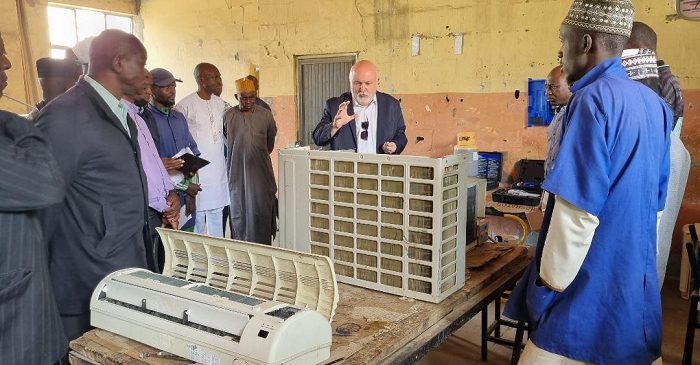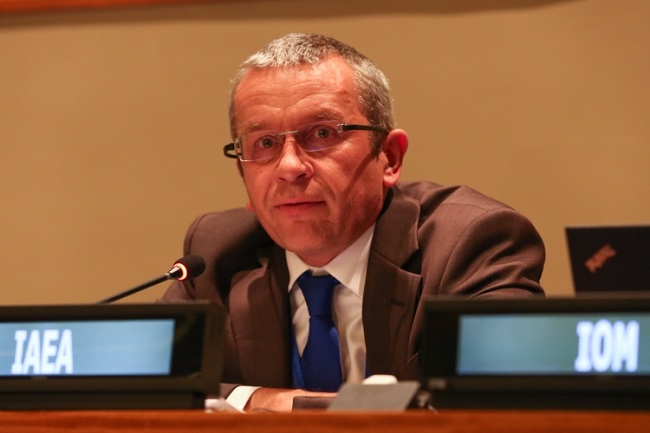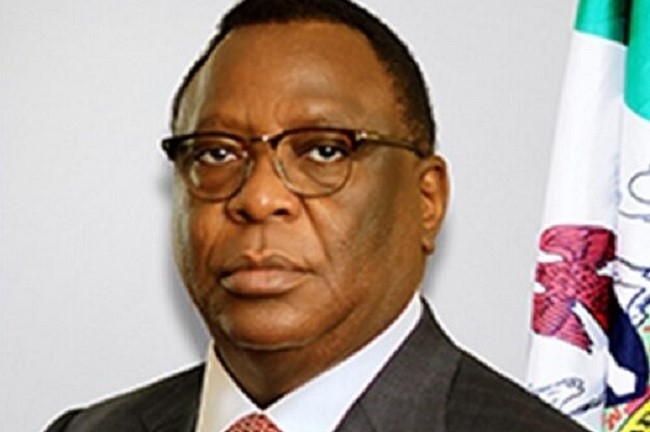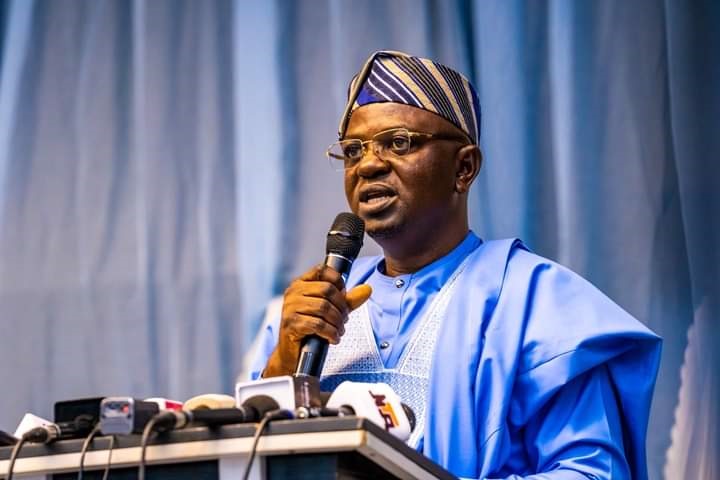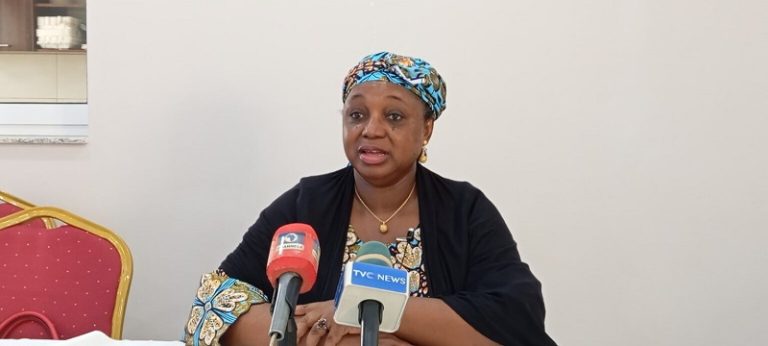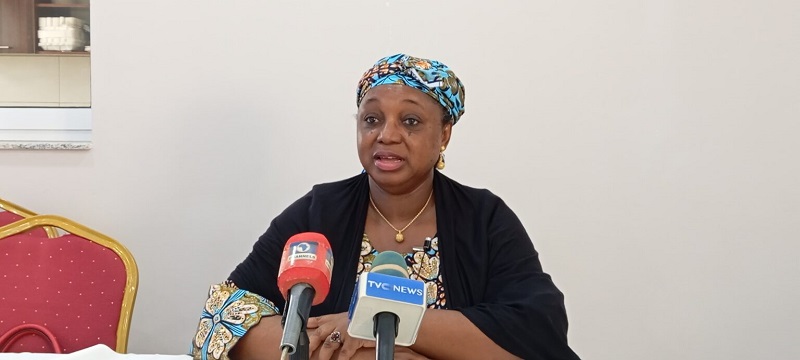The Kaduna State Government says it has concluded plans to provide effective urban sanitation management services in the state.

The Permanent Secretary of the Ministry of Public Works and Infrastructure, Abdu Na Abdu Ashiru, stated this at the opening of a two-day advocacy and sensitisation workshop on Tuesday in Kaduna.
The workshop aimed to designate the Kaduna State Water Corporation (KADSWAC) as the State Urban Sanitation Authority.
The initiative is part of the Sustainable Urban and Rural Water Supply and Sanitation (SURWASH) programme.
Ashiru said the workshop would focus on critical issues aimed at providing solutions for effective urban sanitation management, ensuring access to clean water and a safe, healthy environment.
“Today, we gathered to discuss a critical issue that affects us all, which is the provision of an effective urban sanitation services.
“During this workshop, we will engage in discussions, share experiences, and explore strategies for effective urban sanitation management,” he said.
He said participants would explore the rationale behind the designation, including its benefits to communities across the state.
According to him, the workshop aims to strengthen KADSWAC’s capacity to deliver efficient and sustainable urban sanitation services and is a critical step in streamlining the plan to ensure its effective management.
“This workshop is not merely a formality, it is an opportunity for open dialogue, constructive feedback, and collaborative decision-making.
“We encourage you (participants) to actively participate, share your perspectives, and contribute to the development of a robust and sustainable urban sanitation framework.
“Your expertise and insights are invaluable as we forge a unified approach to addressing the challenges of urban sanitation, “ he said,
According to him, the SURWASH programme is part of efforts to ensure access to clean water and improved sanitation, creating a more sustainable and healthier environment for Kaduna residents.
He, however, said that achieving the goal required a cohesive and well-structured institutional framework.
He described the participation of the Chairmen of Chikun, Igabi, Jaba, Jema’a, Kaduna North, Kaduna South, Soba, Sabon Gari, and Zaria Local Government Areas as crucial, given their leadership in service delivery.
“These LGAs are at the forefront of service delivery, and their understanding and support are essential for the successful implementation of this programme,“ he said.
On his part, the Director of Water Resources at the ministry, Hashimu Ja’afaru, said the workshop’s primary purpose was to advocate for and raise awareness of the importance of designating KADSWAC as the urban sanitation authority.
Jafaru explained that the designation aims to enhance urban sanitation management, promote public health, and ensure sustainable environmental practices in the state.
He explained that the workshop aims to lay a solid foundation for improved urban sanitation systems, contribute to the Sustainable Development Goals, and enhance living standards for residents of Kaduna State.
By Stella Kabruk


